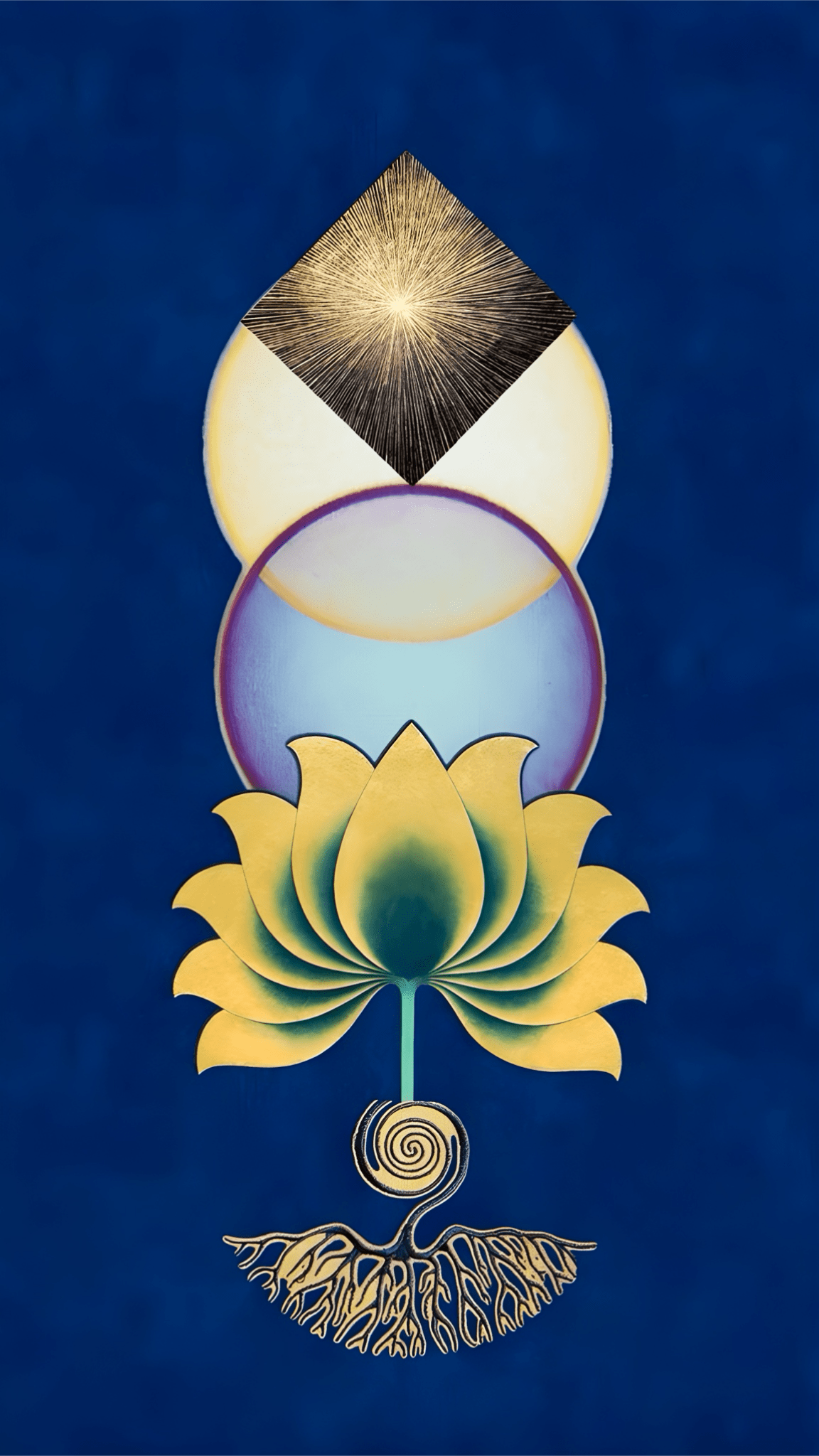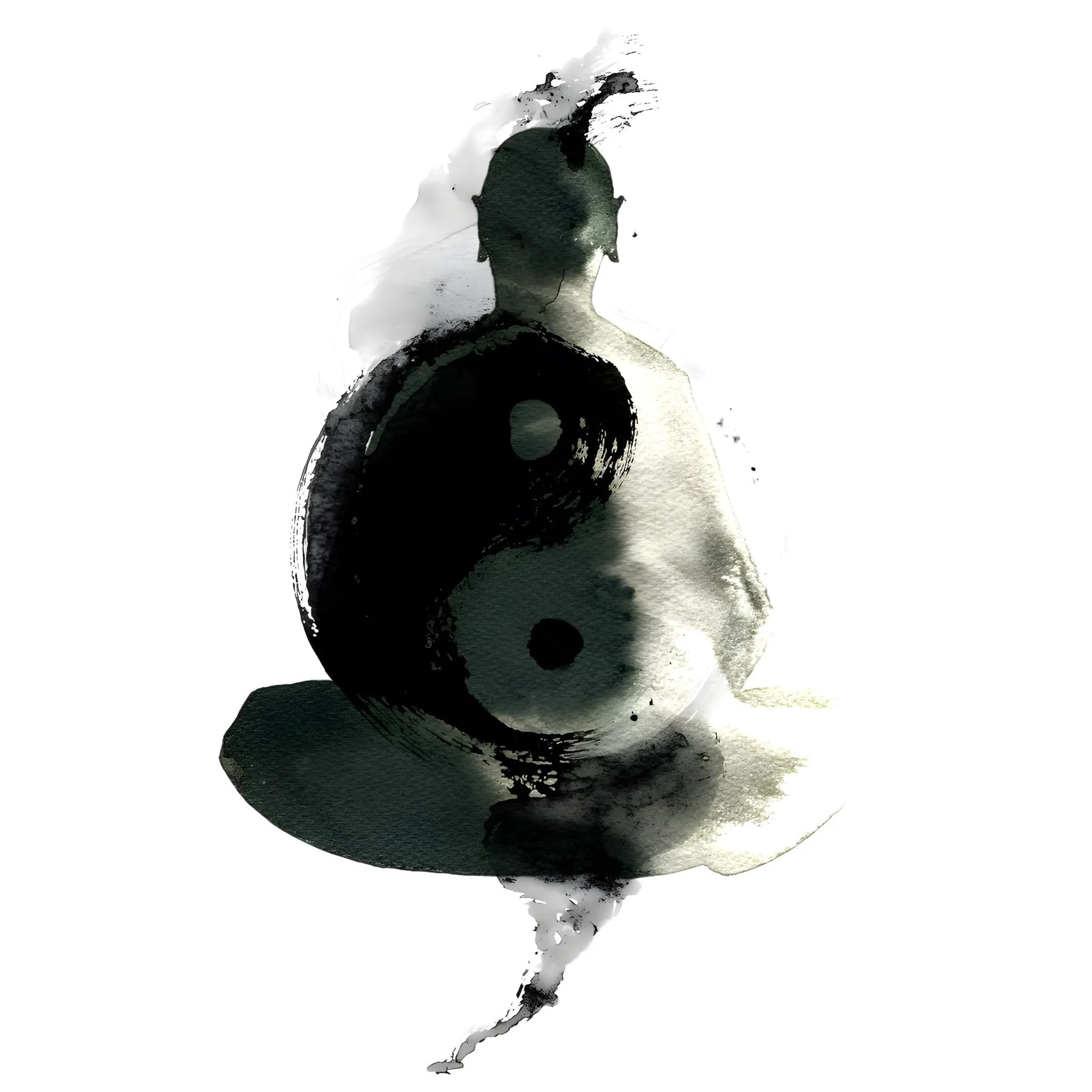Join us for this 6-hour workshop dedicated to Yin practice & meditation.
Program for Sunday, November 30
Program for Saturday, November 29
9 a.m. to 12 p.m.
9 a.m. to 12 p.m.
9 to 10:20 a.m.: Introduction & Practice: Yin Yoga for the spine
Introduction to the weekend and overview of practices and theories
A sequence that guides you through the anatomical description of the spine, exploring the 6 directions of the spine and its range of movement.
10.20am to 11.20am: Theory:Connecting to the Axis Mundi
The relationship between theaxis mundi and the spine is both symbolic and spiritual: the spine is seen as a microcosm, a physical representation of the axis mundi. The axis mundi is a cosmological concept representing the link between Heaven and Earth, or between the different realms of existence, often represented in the form of an axis, a pillar or a cosmic tree. In many meditative traditions, the spine is considered the sacred central pillar of the human body, reflecting this cosmic axis.
Development ofintegrity, relaxation and immobility.
10-minute tea break
11:30 a.m. to 12:00 p.m.: practice: meditation
Meditative practice articulated around the axis.
Development of the three fundamental qualities of established calm: integrity, relaxation and immobility.
9-10:20am: Introduction & Practice: Yin Yoga Opening the hips.
A practice designed to target the main hip muscle groups and stimulate the 6 joint directions of the hips.
To help keep the body stable and in a sustainable sitting position.
10.20am to 11.20am: Theory: Intention & release
The development ofattitudes conducive to a meditative mind requires sustained attention to the object of attention and the active release of forms, sensations and phenomena in the practice of postural yoga and the meditative approach.
The description of Ting(attentive listening) and 宋 Song(active release) in the Chinese internal arts. These two terms symbolize important principles of Chinese internal arts: the balance between tension and relaxation.
Abhyāsa (applied repetition) and Vairāgya (non-attachment) are fundamental concepts of yoga philosophy, often described as the two poles of spiritual practice.
10-minute tea break
11:30 a.m. to 12:00 p.m.: practice: meditation
A meditative practice that alternates between manipulating the breath and observing it.
This technique will highlight the favorable attitudes mentioned above.





